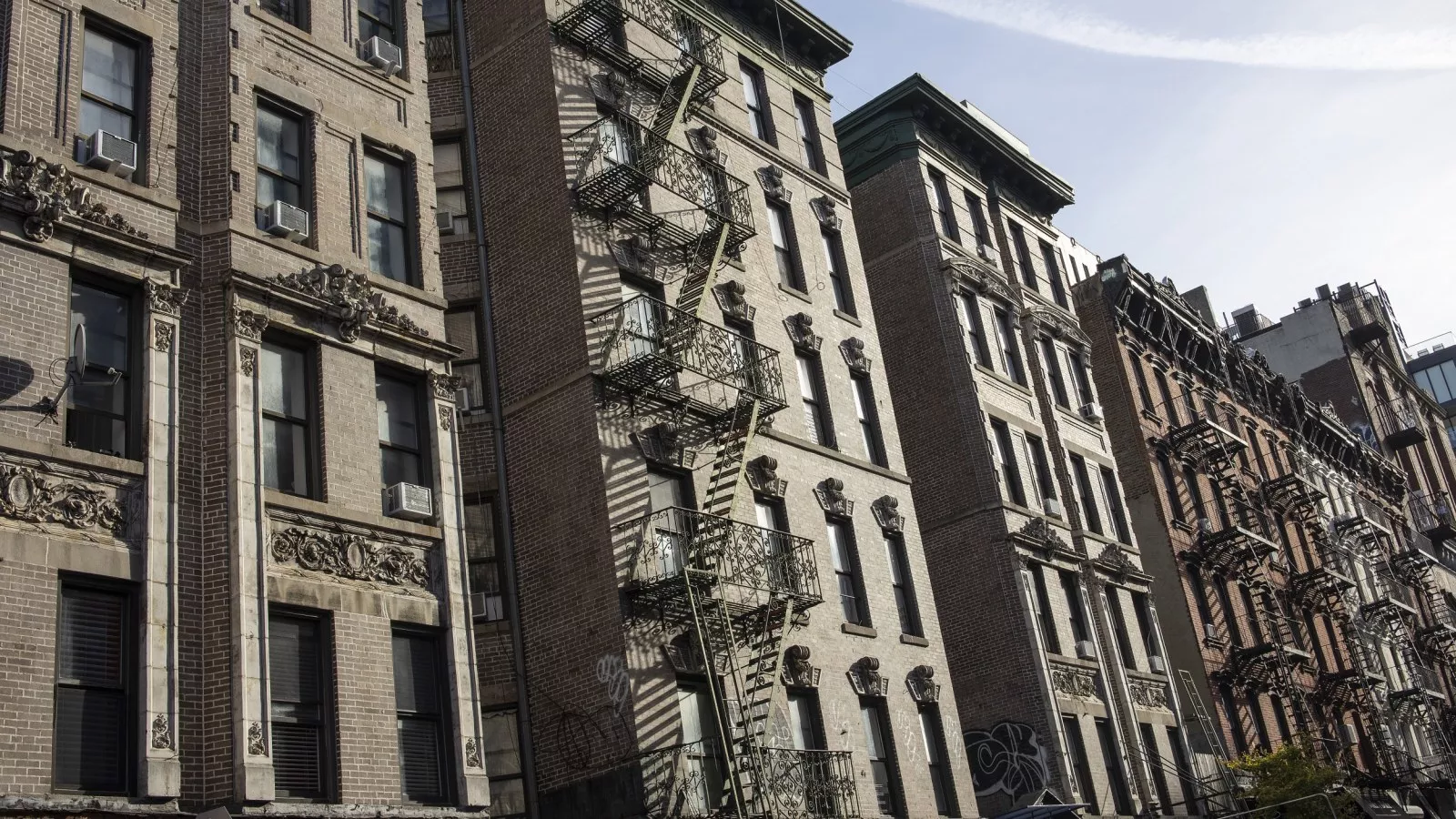Maryland’s laws on squatters rights often make headlines, appearing in trending blogs and featured in statistics-covered articles across the state. Yet, few truly understand the advantages these laws can offer, especially when it comes to unoccupied homes. Whether you’re a property owner interested in risk reduction or someone curious about real estate trends, knowing the key benefits of squatters rights in maryland can be both empowering and enlightening.
What Are Squatters Rights and How Do They Work in Maryland?
To start, squatters rights, typically known as adverse possession, allow a person to claim ownership of an unoccupied or unused property under specific legal conditions. Squatters must occupy the property openly, continuously, and without the owner’s consent for a certain number of years. The main goal behind these laws is to encourage the productive use of land and reduce the number of abandoned properties.
Maryland’s regulations outline clear pathways for how and when a person living on an unoccupied property might gain certain rights. This not only impacts those physically residing in vacant homes but also influences property markets and neighborhood dynamics.
Encourages the Productive Use of Vacant Properties
Maryland’s approach to squatters rights promotes better land management and the productive use of unoccupied homes. Often, vacant properties can attract vandalism, crime, or urban decay. When squatters take residence and care for these homes, they can sometimes improve and maintain the property. This shifts underutilized assets back into productive parts of their communities.
From a statistical standpoint, the rate of urban blight decreases in neighborhoods where unoccupied homes are quickly repurposed, even if initially through informal occupancy. The presence of people can deter illegal activity and help preserve the value of the area.
Provides Stability for Vulnerable Populations
Trending reporting often highlights the intersection between squatters rights and housing insecurity. For many, adverse possession laws in Maryland provide an opportunity to find stable shelter in a safe environment. While not a perfect solution for homelessness, these laws sometimes bridge the gap for people facing housing instability, allowing them to stay temporarily in otherwise abandoned buildings.
This temporary stability can lead to better health and employment outcomes, reducing pressure on local social services. For individuals and families in crisis, knowing there is a legal avenue for temporary housing—even in limited circumstances—offers hope.
Preserves and Improves Neighborhood Aesthetics
One advantage often cited in statistics blogs is the positive impact on neighborhood aesthetics. Unoccupied homes left vacant for extended periods tend to deteriorate. They may become eyesores, attract pests, or present safety hazards. When these homes are occupied, even unofficially, there is usually more basic maintenance.
For neighbors, this means fewer empty, decaying buildings and more cared-for lawns and houses. The overall appeal of a neighborhood improves, which can help protect or even increase surrounding property values.
Reduces Municipal Burdens
Unoccupied homes in disrepair become the responsibility of local governments if left abandoned. Municipalities may need to allocate funds for mowing lawns, boarding up windows, or addressing complaints about illegal dumping. When squatters occupy and maintain these properties, the need for city intervention decreases, saving taxpayer money and city employee time.
This reduction in municipal burden allows local governments to focus more resources on other pressing issues, making city operations more efficient overall.






